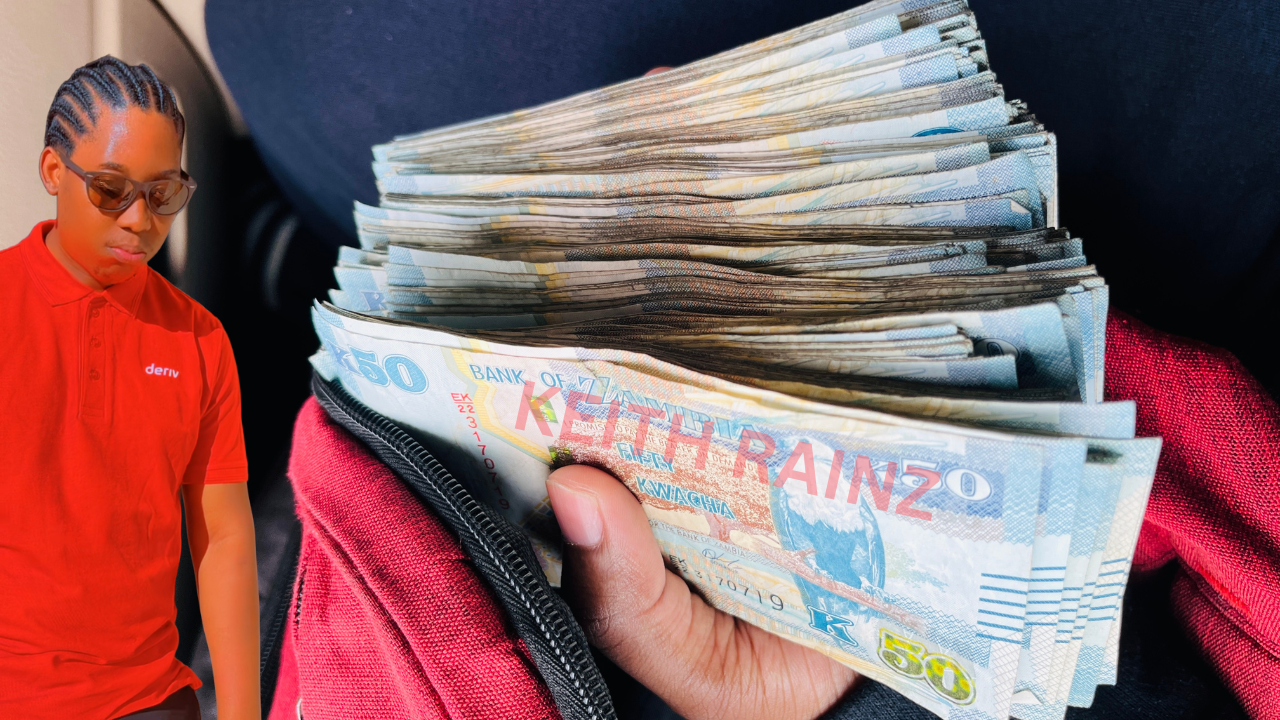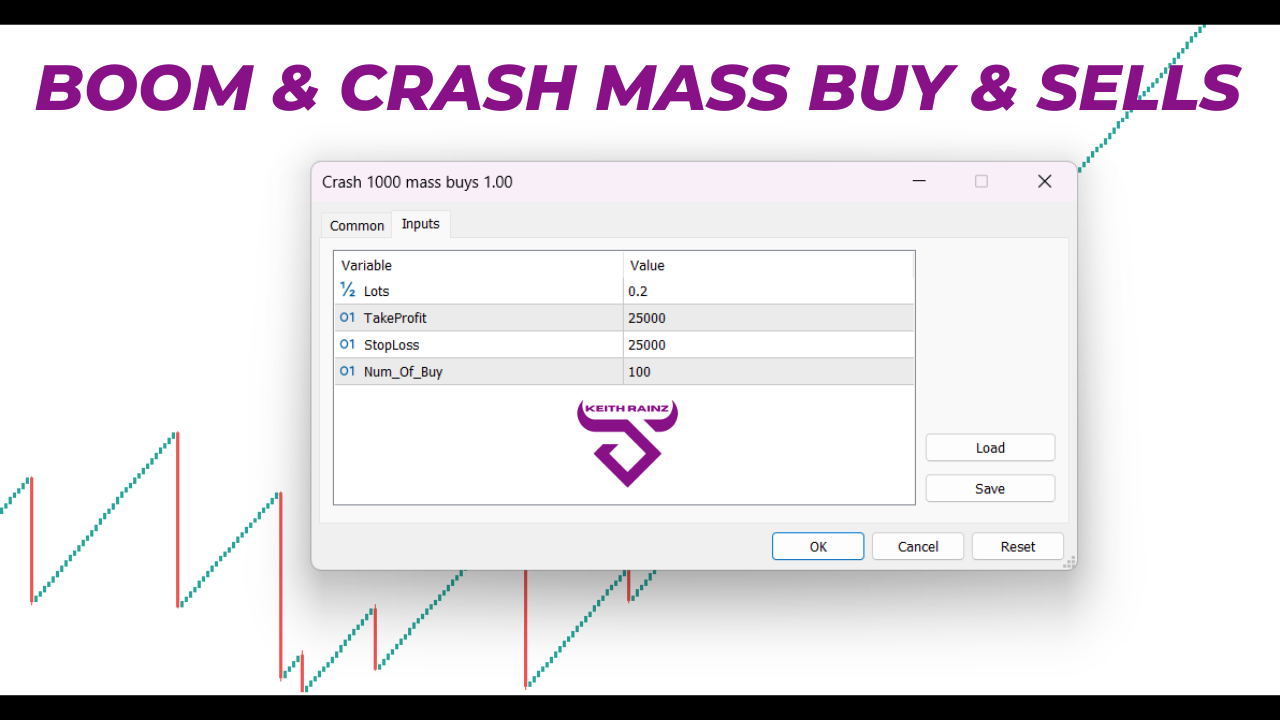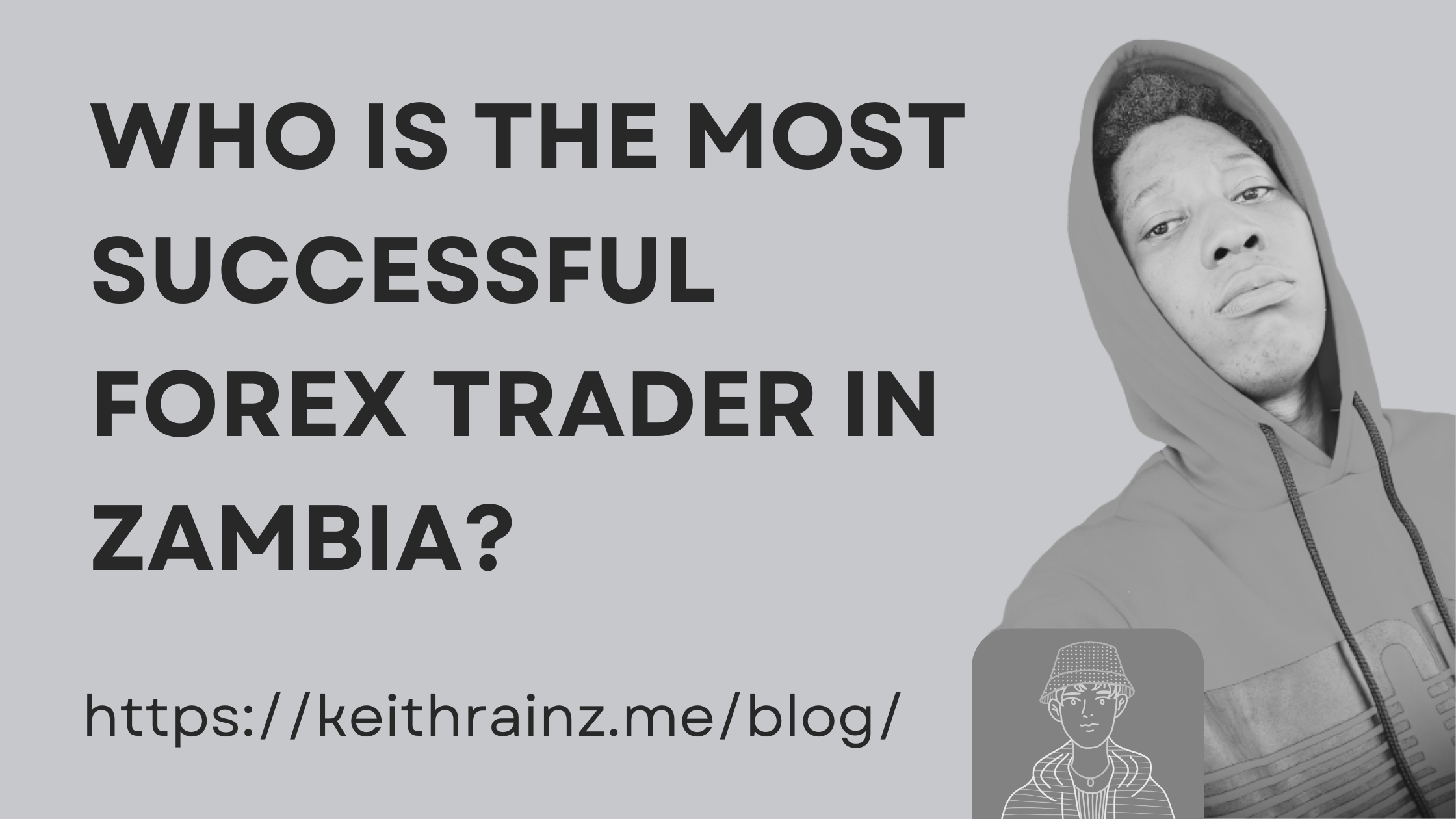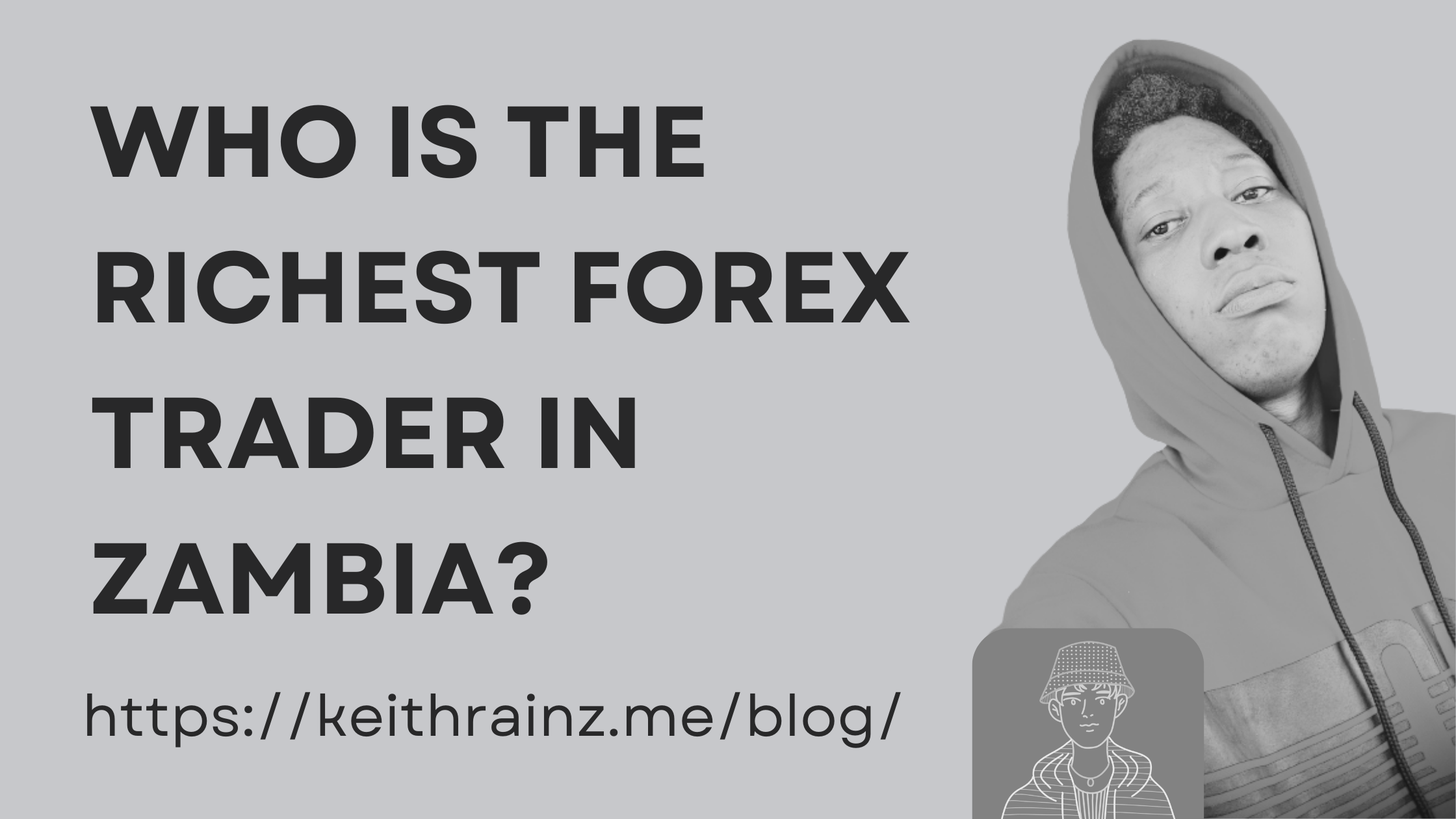Understanding the foundations of buying and selling currency is a key component of effective global forex trading. Of course, learning about quotations and spreads – and how to utilize this knowledge to your advantage – is an important element of learning how to buy and sell currencies.
We’ll discuss forex quotes and spreads, as well as how they’re calculated, in this session. Pips and spreads will also be discussed, as well as how they relate to effective online forex trading.
How are forex Buy and Sell Rates Determined?
We already discussed how FX markets are decentralized and operate over-the-counter. There is no single “official” exchange rate as a result of this. A number of factors influence buy and sell rates, including:
Actual monetary movements (how much money is flowing into and out of the market)
Basic supply and demand laws
Expectations for the market’s performance (based on global events)
Aside from that, buy and sell rates are influenced by a complex collection of elements that aren’t worth delving into right now. To summarize, buy and sell rates are the prices at which banks and forex brokers are willing to buy or sell substantial sums of currency, and they vary based on the market you choose.
In short, the purchase price – say, 1.3000 dollars for a unit of euro – is established by the forex trading broker you employ, because that broker quotes buy and sell prices based on the currency prices it obtains from the banks with whom it works.
What is a Pip?
The term ‘pip’ stands for ‘percentage in point’ and is used frequently in the FX market. It is the smallest quoted change in the value of one currency in relation to another.
Except for the Japanese yen (more on that later), all major currencies are valued to four decimal places, so a price may be 1.0000. A pip is one-hundredth of a percent. As a result, if the price changes from 1.0000 to 1.0001, it gains one point in value.
Values are priced to the third decimal point in the Japanese yen. A pip is the second decimal point, thus if the yen is trading at 87.000 USD and moves up to 87.01, it has gained one pip.
When discussing the next phase, the spread, it’s critical to understand what a pip is.
What is a Spread in forex?
Simply explained, a spread is the difference in pips between the asking and bidding price of a currency rate. Spreads are how online foreign exchange trading brokers (those who do not charge a flat commission) make money, and they have an impact on your profit.
Let’s imagine your broker is ABC Forex, and you trade with a 2-pip spread. Let’s say ABC Forex pays 1.2000 dollars for one euro unit. With a 2-pip spread, they’ll sell you the unit at 1.2001 and purchase it from you at 1.1999. They profit from the sale in either case.
Obviously, brokers with smaller spreads make more money than those with bigger spreads.
Conclusion
Learning about buy and sell rates, pips, and spreads is necessary for currency market trading. You’ll be ready to move on to new forex topics and expand your knowledge base – and generate more money – once you’ve mastered these fundamental notions. After all, profit margins in forex trading can be slim, which is why understanding pips, quotes, and spreads is critical to optimizing your earning potential.






This is impressive sir. I like your post, keep it up.
thanks